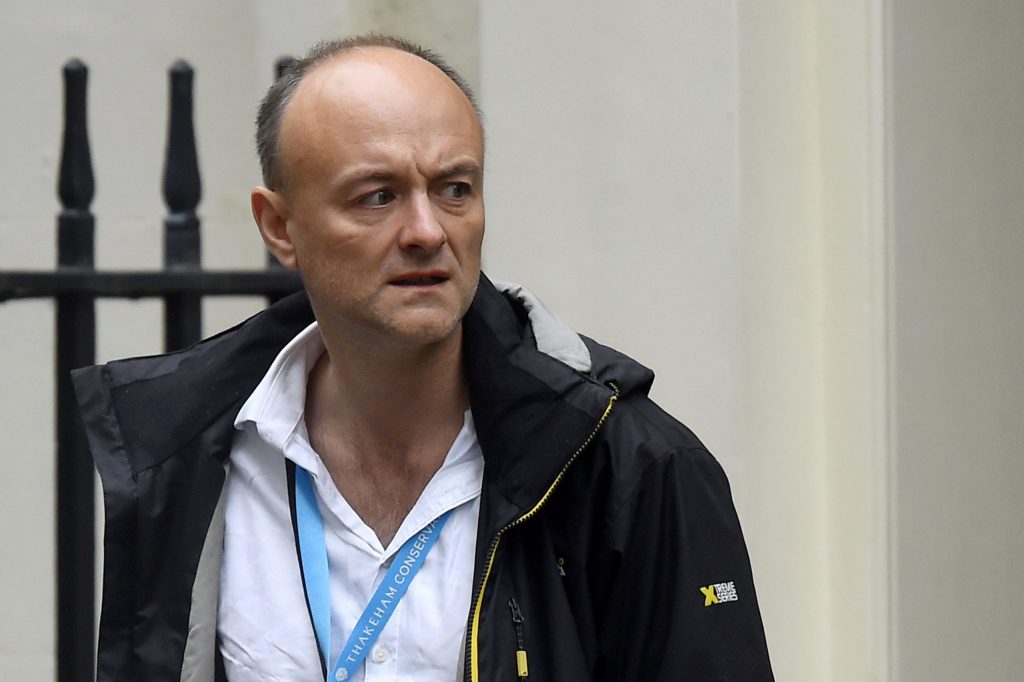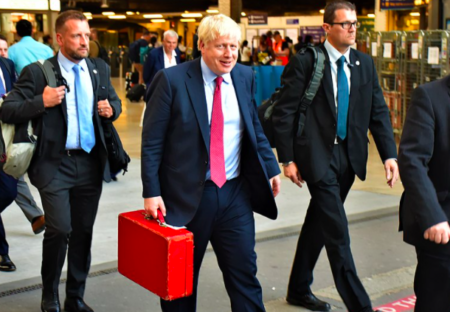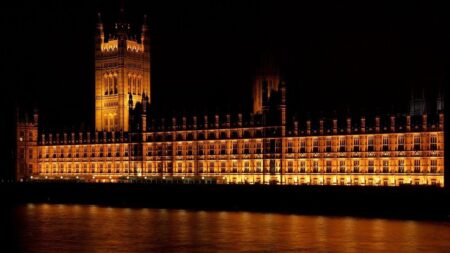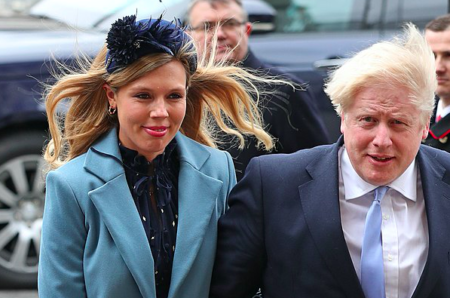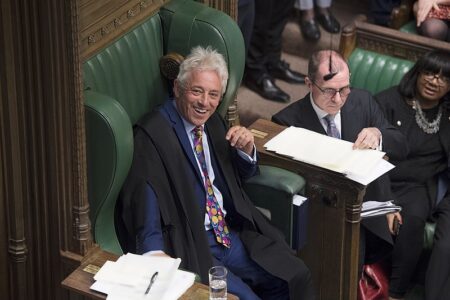One reason that we launched Mace back in January was our belief that the engine rooms of power and influence inside the ‘Westminster Tunnel’ were too invisible. The goings on inside the adviser world of Whitehall and Downing Street’s corridors were considered to be ‘backstage’ – almost off-limits.
No longer. The events of the last 48 hours have been likened to a Downing Street soap opera with Dom Cummings and Lee Cain ousted by a female trio of Allegra Stratton, Boris’s new TV spokesperson, his fiancée Carrie Symonds and Munira Mirza, Head of the Number 10 Policy Unit.
Former deputy PM Michael Heseltine said ‘I can think of no man who has done so much harm to this country in so short a time’.
The papers today are deeply divided on ‘Domgate’ with Downing Street insisting – improbably – that the meeting in which Cummings was given his marching orders was without rancour.
Writing in The Times, James Forsyth (married to Allegra Stratton) claimed that Cummings was a ‘rare individual who bent the arc of history’. Others were less charitable. Former deputy PM Michael Heseltine said ‘I can think of no man who has done so much harm to this country in so short a time’.
One thing is certain. Cummings is likely to try and set the record straight in one of his infamous blogs. But what about the Cummings legacy?
Yes, Cummings has changed the political landscape but his likely legacy is not what people think it is. Although the Channel 4 TV drama The Uncivil War starring Benedict Cumberbatch as Cummings, propagated the notion that he was responsible for the referendum result in 2016, and that he was the maverick genius who ‘won’ Boris his 2019 80 seat majority, historians may well conclude that there were, in fact, many other factors and people responsible.
Not least the parliamentary battles over 30 years (going back to the Maastricht Rebellion of the early 1990s) waged by very backbenchers (left and right) whom Cummings despised so much. These especially included John Major’s ‘Bastards’ and Theresa May’s ‘Spartan’ Tory rebels as well as various Labour MPs, including Jeremy Corbyn.
Dom brings to mind the anarchist Verloc in Conrad’s The Secret Agent – a man set on the ‘destruction of what is’
Dom brings to mind the anarchist Verloc in Conrad’s The Secret Agent – a man set on the ‘destruction of what is’. Cummings (confirmed by his infamous ‘weirdos wanted’ blog recruitment ad) believes in the creative destruction theory of politics.
When he chose to dramatically walk out of the front door of Downing Street yesterday with a cardboard box he looked more like a fired banker walking around Canary Wharf in a daze after the financial crash rather than a soon-to-be-unemployed former chief advisor to the PM.
Which brings me to my point about Cumming’s real legacy. In a weird way, he has – more than any other special adviser in British history – made the role of a special adviser glamorous and front-stage rather than backstage. In fact I’d go much further and say that his tantrums, Verloc-style self-mythologising, obsession with data and track suit and designer trainers look, reminds me of my bright university contemporaries who went into hedge funds and finance in the 1980s and 1990s.
Almost nobody in my Bonfire of the Vanities generation went into politics – with some notable exceptions, like Osborne or Cameron – or considered working for peanuts to become a special adviser or as a Westminster aide in public policy. Politics was for geeks and nobody made any money.
Cummings is a role model for this new generation of ambitious ‘libertarian’ graduates who want to rock the establishment
Put simply, few graduates I knew in the 1990s aspired to be a Leo McGarry, the Counselor to US president Joe Bartlet’s (played by Martin Sheen) in The West Wing, the gripping drama created by Aaron Sorkin. They wanted to be part of the world of Wall Street and identified more with the world of Liar’s Poker and the get-rich-quick ambitions of trader Bud Fox (played by Charlie Sheen) who ends up being sucked into the greed-is-good world of Gordon Gekko.
That has all changed. Increasingly, the lines between special advisors and ministers, think tanks and lobby firms, public policy heads and political spin masters are becoming blurred. The doors between media, public affairs and government spin both ways. For many years, this political matrix was largely in the shadows.
But with the rise of Dominic Cummings – partly thanks to his eccentric fashion style – the maverick political adviser is now a mainstream career choice. When I interviewed top US campaign strategist Jim Messina, the man who won the White House for Obama in 2012 (and No 10 for Cameron in 2015), he admitted that politics was now attracting a very different sort of ambitious graduate than when he started out 20 years ago. Westminster or the Beltway is where the ‘smart kids’ can be found applying for jobs. ‘It’s what the cream of graduates are doing.’
Cummings is part of this generational shift to smart brains being more interested in disrupting politics than financial markets. With his rambling blogs, Cummings is a role model for this new generation of ambitious ‘libertarian’ graduates who want to rock the establishment not so much from without but from within: by blowing up the system and being disciples of the creative destruction theory not so much of money or markets – as my short selling hedgie friends were – but of the political system.
When I saw the photos of Cummings standing alone on the corner of Whitehall with his lonely cardboard box, and then returning to his multi-million pound house clutching a shopping bag containing bottles of champagne, he looked more like a humbled hedgie than a former Spad. His achievement – assisted by his marriage to Mary Wakefield, The Spectator’s commissioning editor – was to make working as a well paid ‘disruptor’ adviser appealing for a new class of politically inclined graduates.
The landscape of Westminster is never changed precisely by the people you might expect. History tends to remember people rather than voting records. Mavericks, rebels and disrupters rather than the payroll Yes Men of Whitehall and Westminster. The media helped create Cummings as editors gravitated towards larger-than-life (albeit bald and not appearing to own a suit) human political influencers like Cummings, however much he may be disliked (and revel in such dislike, unlike Boris who hates confrontation and wants to be liked, even loved).
Yes, with Cummings and Cain gone, one politico power couple have gone. But don’t think that will be the end of the game. The Allegra Stratton and James Forsyth show is unlikely to stay in the political shadows. The Westminster wheel turns.


